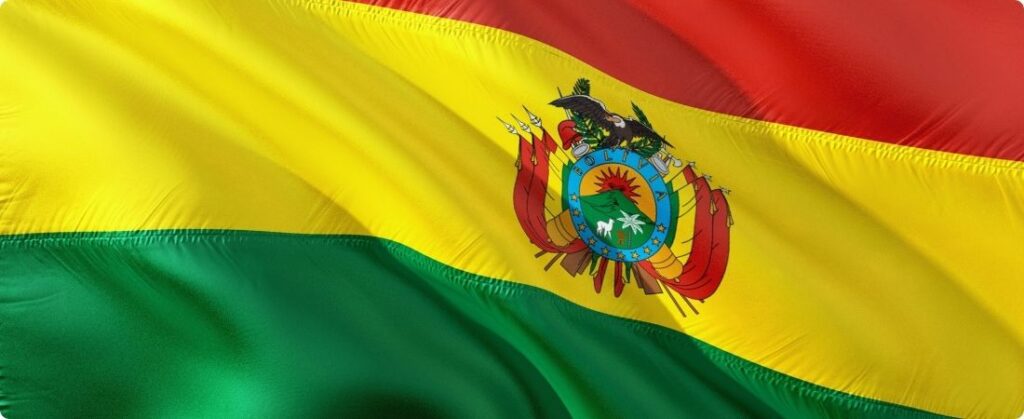
Since the beginning of the year, Bolivia has been facing political and economic problems that drew attention due to several protests that closed the border and mobilized the country, attracting international attention.
In 2006, Evo Morales took power with a more leftist bias, bringing policies of income redistribution and nationalization of companies, among other issues that generated dissatisfaction among the elite, but ended up creating a very strong worker and indigenous base in relation to the former. president.
In 2020, when Bolivia underwent a new forced election, Latin America was experiencing a movement of change from far-left to far-right governments. In this scenario, Luis Arce emerged, representing another front in relation to former president Evo Morales.
During some speeches and acts of the current government, in an attempt to oppose Evo Morales' candidacy for president next year, workers and indigenous people from the support base closed the streets and borders, carrying out several protests on important dates for the country's democracy, bringing economic losses and showing the fragility of the current government’s power.
The political and economic struggle intensifies in 2024 in Bolivia
The country has been facing, alongside the political crisis, an economic crisis. The harvest of soy 2024 saw a drop of almost 40% in productivity, which reduced exports of the product, added to the internal need to supply the two new biodiesel plants built by the current government to make local fuel cheaper. This further damaged the low dollar reserves, which, according to recent reports from the Central Bank of Bolivia, show that the availability of foreign currency is US$ 372 million, not covering imports of basic raw materials for the next half of the year.
Soldiers and military vehicles took control of the center of La Paz for a few hours on Wednesday afternoon (26/06). The current president, Luis Arce, deposed General Juan José Zúñiga, who was at the forefront of the coup attempt, from office the day before. He falsely accused him of former president Evo Morales and stated that the military would act to ensure that Evo could not participate and/or assume office if he sought re-election in 2025.
After a few hours of tension, General Zúñiga was arrested and the situation was calmed by the local police. The act caught the attention of the international community, mainly in Latin America with governments with such different biases, where tensions between leaders and parties of different inclinations are a risk to democracy.
By Júlia Vilela | Aboissa Olive Oil and Sunflower Oil Specialist










